Ramadan is a holy month of fasting, introspection and prayer for Muslims, the followers of Islam. It is celebrated as the month during which Muhammad received the initial revelations of the Quran, the holy book for Muslims. Fasting is one of the five fundamental principles of Islam. Each day during Ramadan, Muslims do not eat or drink from dawn to sunset. They are also supposed to avoid impure thoughts and bad behavior.
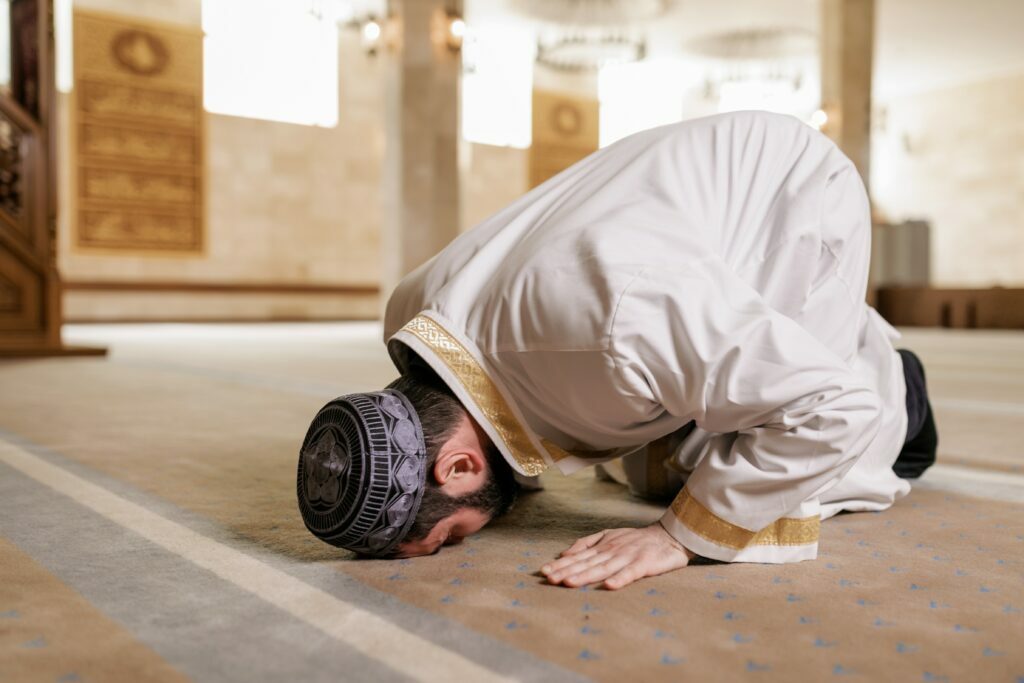
Muslims break their daily fasts by sharing meals with family and friends, and the end of Ramadan is celebrated with a three-day festival known as Eid al-Fitr, one of Islam’s major holidays. Ramadan always falls on the ninth month of the 12-month Islamic calendar. Ramadan 2022 begins at sunset on Saturday, April 2, and ends on the evening of Monday, May 2.
Facts About Islam
Islam is the world’s second largest religion after Christianity and has more than 1 billion followers. Islam originated in Arabia and has spread all over the world.
Countries with the largest Muslim populations include Indonesia, Pakistan, Bangladesh, Nigeria, Egypt, Turkey and Iran. There are an estimated 7 million Muslims in America, along with Islamic places of worship, called mosques, in all 50 states.
Muslims believe that around 610 A.D. a man named Muhammad (c.570-632) from the Arabian city of Mecca started receiving revelations from God, or Allah, via the angel Gabriel. The revelations were collected into a 114-chapter holy book known as the Quran (or Koran), which Muslims believe contains the exact words of God. The 1st verses were revealed on a night known as ‘The Night of Power’.
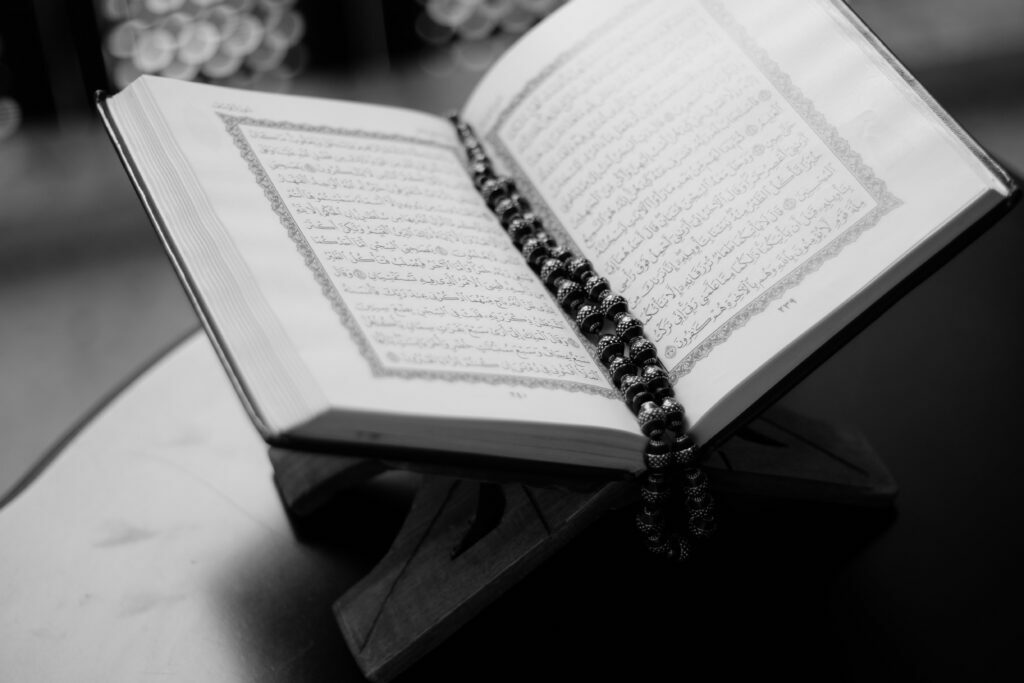
Muhammad is, according to Muslims, the final prophet in a line of prophets (including Adam, Abraham, Moses and Jesus) who were chosen by God to act as messengers and teach mankind. Muslims believe there is one all-knowing God, and people can achieve salvation by following his commandments. In Arabic, Islam means “submission” or “surrender” (to God).
Why Is Ramadan Celebrated?
Ramadan is celebrated as the month during which Muhammad received the initial revelations of what became the Quran, the holy book for Muslims, from God.
The Quran states:
“The month of Ramadhan [is that] in which was revealed the Qur’an, guidance for the people and clear proofs of guidance and criterion. So whoever sights [the new moon of] the month, let him fast it.”
It’s kind of like the Muslim version of Christmas, in the sense that it’s a religious holiday where everyone comes together for big meals with family and friends, exchanges presents, and generally has a lovely time. In fact the celebration of the end of the fasting lasts for 3 days – this is a happy occasion.
The Rules of Ramadan
During Ramadan, Muslims fast from dawn to dusk each day. They are supposed to avoid eating, drinking, smoking and sexual activity, as well as unkind or impure thoughts and words and immoral behavior.
Ramadan is a time to practice self-restraint and self-reflection. Fasting is seen as a way to cleanse the soul and have empathy for those in the world who are hungry and less fortunate. Muslims go to work and school and take care of their usual activities during Ramadan; however, some also read the entire Quran, say special prayers and attend mosques more frequently during this time.
All Muslims who have reached puberty and are in good health are required to fast. The sick and elderly, along with travelers, pregnant women and those who are nursing are exempt, although they are supposed to make up for the missed fast days sometime in the future or help feed the poor.
The first pre-dawn meal of the day during Ramadan is called “suhoor.” Each day’s fast is broken with a meal known as “iftar.” Traditionally, a date is eaten to break the fast. Iftars are often elaborate feasts celebrated with family and friends. The types of foods served vary according to culture.
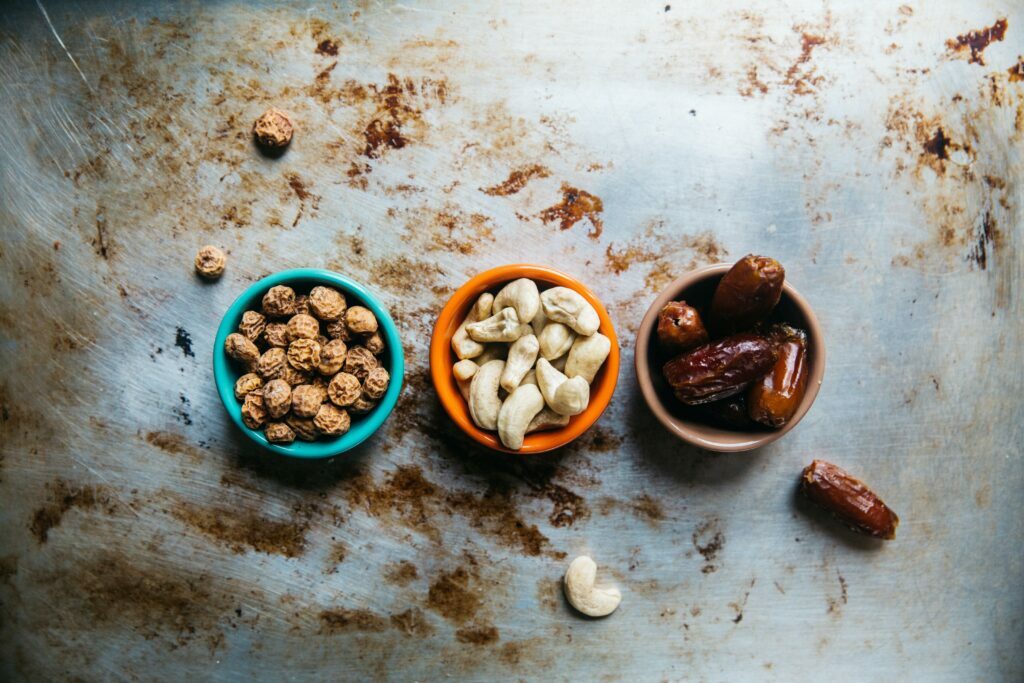
Ramadan and the moon
The link between the moon and Ramadan is not only fascinating but also interesting, it signifies the start and end of this holy festival. It always begins after the sighting of the crescent moon which generally appears one night after the new moon.
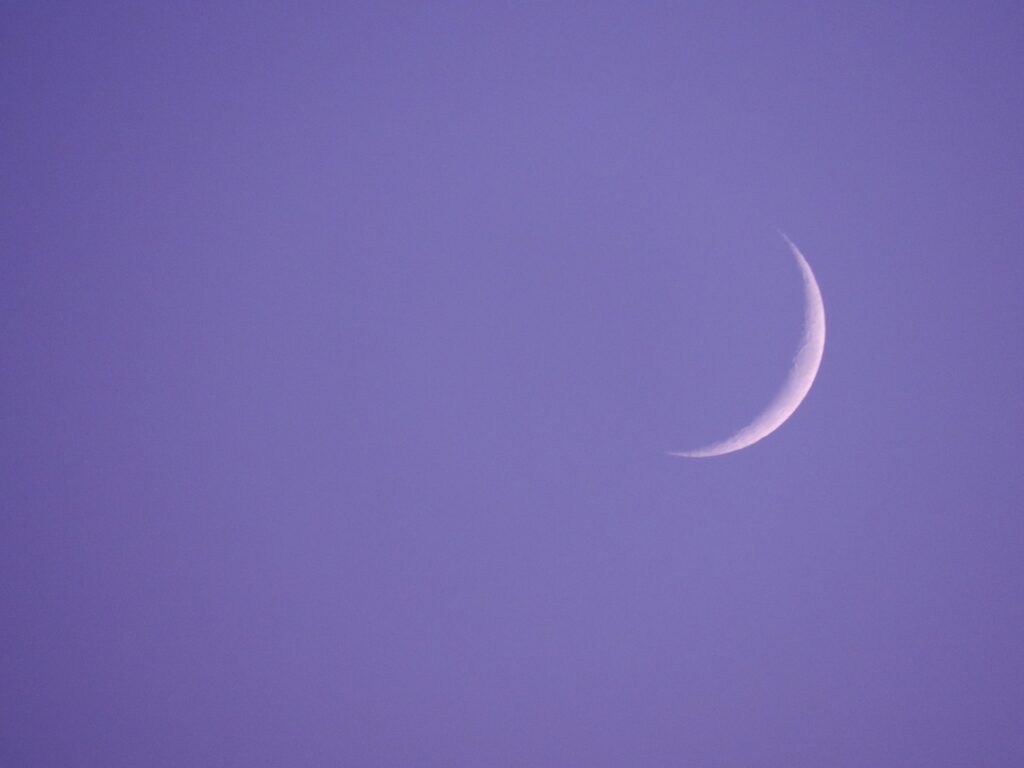
Throughout Islamic cultures the crescent moon symbol seems to be prominent. The reason for this is that the Islam people believe that the moon represents guidance from G-d on the path through life. Muslims typically look to Saudi Arabia for confirmation of moon sightings – but due to technological advancements in astronomy this isn’t always necessary as it can now be predicted.
Some Answers to Important Questions – sometimes we see things that we don’t understand. Not celebrating/ being Muslim, this sacred holiday leaves me with quite a few questions so I spent some time finding answers – here they are. Let me know if I have left something out 🙂 I compiled a list of questions about this sacred holiday that I always wanted to know the answers to – perhaps you feel the same way.
| QUESTION | ANSWER |
| WHAT DOES RAMADAN MEAN IN THE QURAN? | At the start of the sacred holiday, the gates of heaven are open, the gates of hell are closed and the devil is chained |
| WHAT DO YOU HAVE TO DO? | During this time you have to contemplate your relationship with G-d, extra pray, kindness, joy & spending time with loved ones |
| WHAT ARE THE 5 PILLARS OF ISLAM | Fasting, faith, prayer, giving & traveling to Mecca |
| WHY MUST YOU FAST? | Fasting is meant to remind us of our frailty and dependence on G-d, to let us feel compassion towards people who are hungry and thirsty – the poor and needy |
| DO YOU LOSE WEIGHT | No due to eating in the early morning & late at night it can play havoc with your metabolism |
| WHY DO THE DATES CHANGE | Even though we have Science – predictable and solid and know when the moon will appear – but people choose to wait until the crescent moon because Mohammed said so (therefore we get variations and changes in the times) |
| HOW TO WISH SOMEONE DURING RAMADAN & EID | This is a very common question and there aren’t too many wrong answers but Ramadan or Eid Mubarak (Congratulations) are generally common and Ramadan Kariem |
For me not being Muslim I understand more now and it kind of feels like it could be similar to a month of ‘self care’. I recently wrote a blog post about self care and mental health – my understanding is that Ramadan is more than just fasting/ food but also connecting with people and being sociable which brings me to the next pertinent topic. How to survive Ramadan and Covid19? I am sure that this sacred event which centers you and brings you back to G-d also helps with mental health? What do you think?
Navigating Covid19 and Ramadan
As mentioned earlier this sacred month is not only about food, fasting and dressing up (more later) but it is very important to spend time with your family – praying for togetherness, peace, hope and salvation.
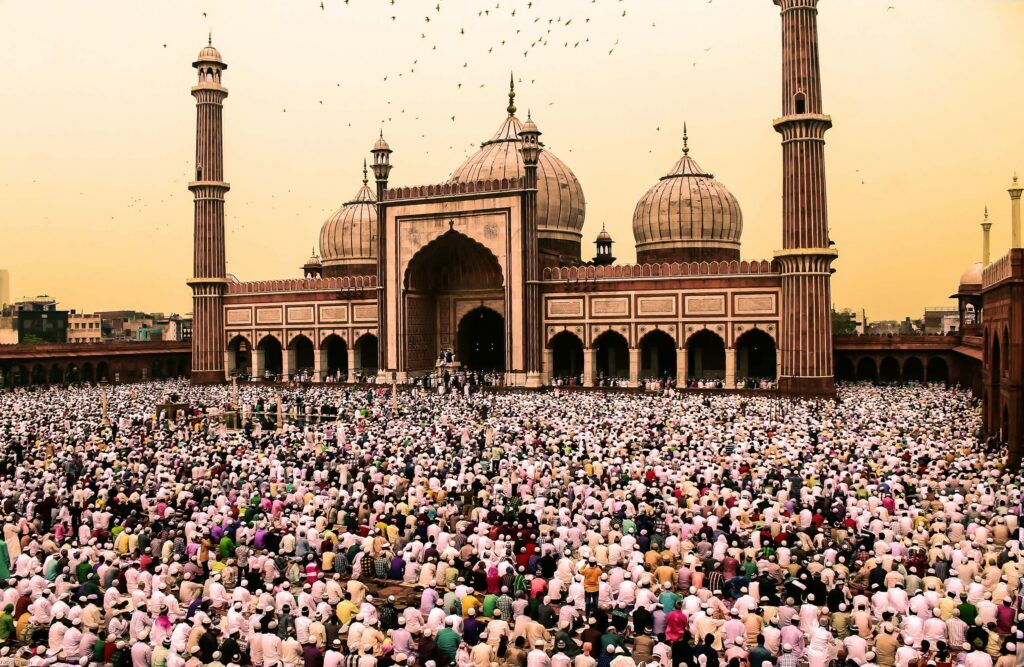
Every year before Ramadan begins, Muslims work to adjust their daily routine, preparing to fit in taraweeh prayers, performed every night throughout the holy month.
Usually, these special Ramadan prayers, which last more than an hour, are performed in congregation, but with mosques either closed or operating at limited capacity because of Covid-19, many Muslims will perform them at home.
Other Ramadan prayer rituals will also be curtailed, with many countries banning i’tikaf – in which worshippers seclude themselves in the mosque for the last 10 days of the holy month. Essentially the event has moved online with communities getting together for online crafts, quizzes, spiritual ideas and talks.
With more than a billion Muslims planning to observe the holy month around the world, governments are establishing rules and procedures to combat the spread of the Covid-19 pandemic. Each country decided whether they had the capacity to clean the mosques after the different prayer sessions.
Ramadan 2022
This is our 3rd year celebrating this very sacred holy month during a pandemic and I think we still need to be vigilant. Adhering to Covid19 restrictions should still be upheld – having the vaccine booster should still be taking place if possible. But importantly as the world is adapting to the virus, people are becoming more social and I am sure there will be many celebrations in 2022 between family and friends. And perhaps online events will continue but praying together as a unit/ family I think has a bigger impact.
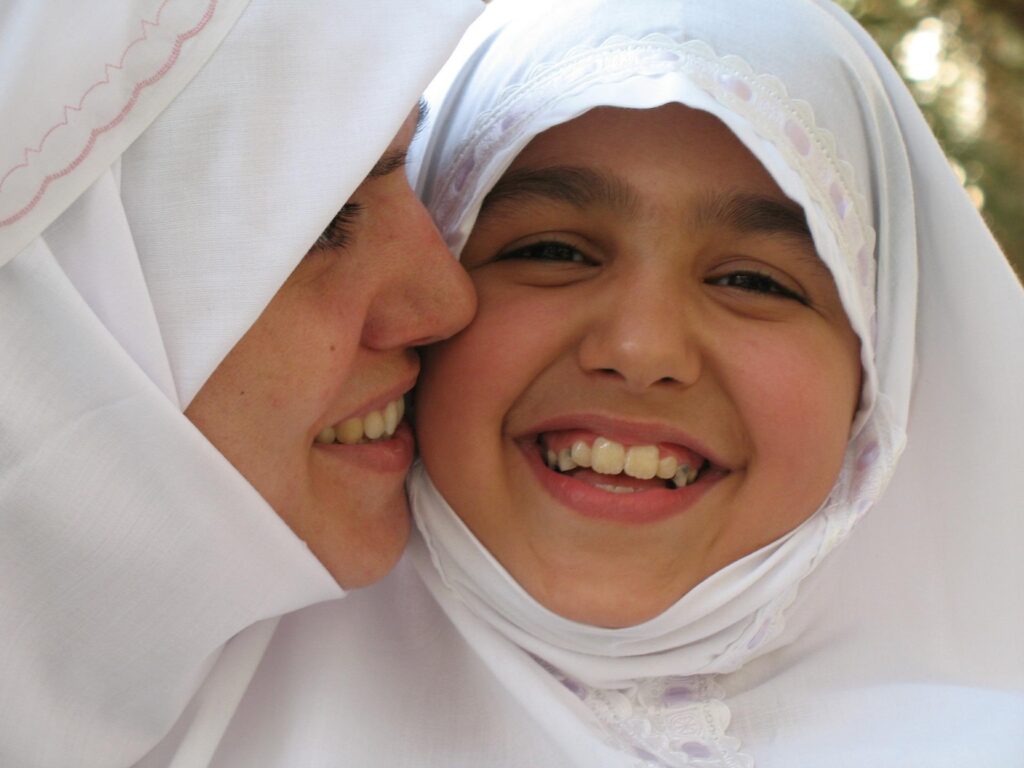
What to wear for Ramadan 2022
As much as fasting , spending time with family and following the rules surrounding this auspicious holiday – many ask ‘what to wear’? This question encompasses makeup, gifts, brows, hair, clothes and accessories – everything and anything that creates the look for the occasion is literally ‘what to wear’.
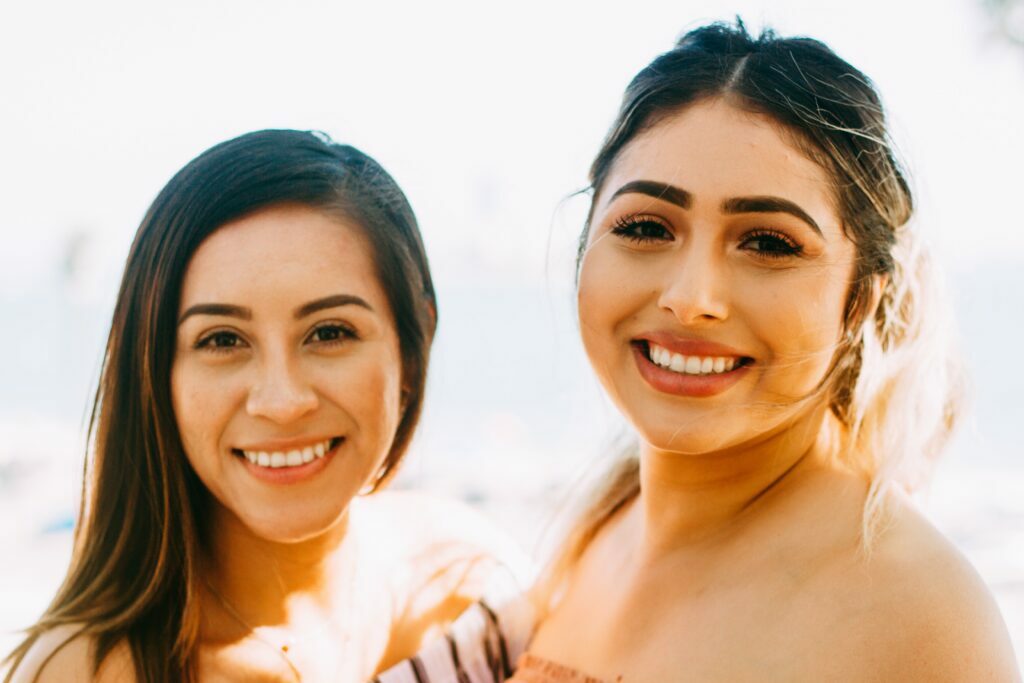
When it comes to the ‘right’ makeup neutral/ nude looks are always the best and one should consider products from Glamore Cosmetics because they are cruelty free and mostly vegan friendly. Makeup doesn’t play a huge role during Ramadan – it is mostly afterwards when the celebrations in the form of EID begin that people dress up. EID is celebrated in a huge way lots of new clothes and makeup – the women go ‘all out’.
Hijab or not to Hijab
I tried to write this post without the controversy surrounding the ‘hijab’ but it didn’t feel right – if it exists I want to talk/ write about it. Hijab is an Islamic concept of modesty and privacy, most notably expressed in women’s clothing that covers most of the body. Hijab is essentially a head scarf and does not cover most of the body.
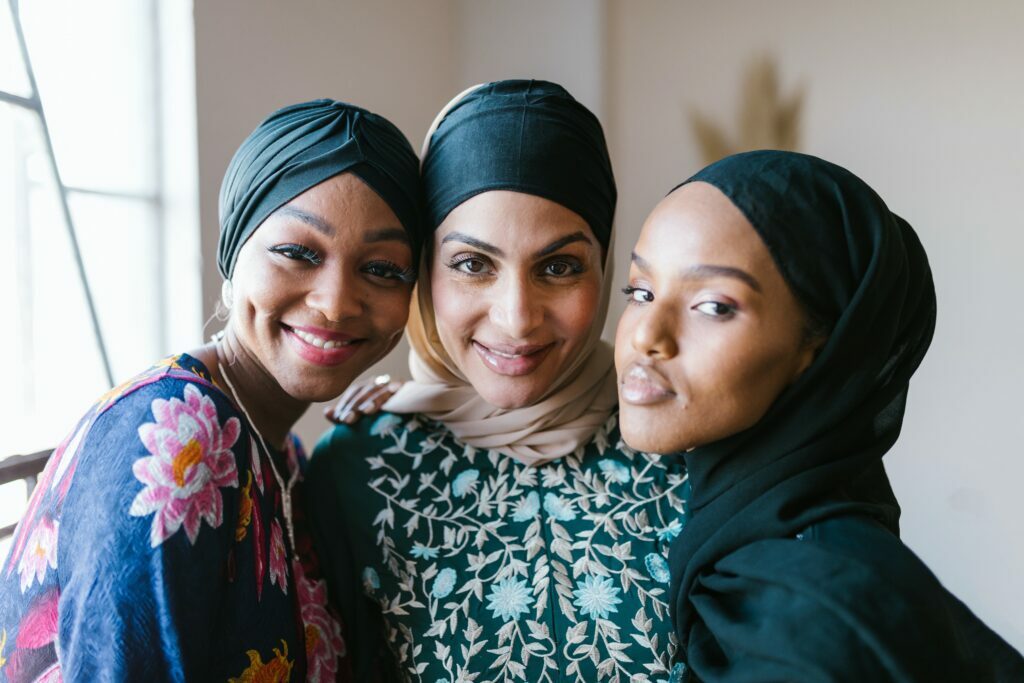
Wearing the Hijab is not actually something written about in the Quran (or if it is written it is interpreted differently by different people). It is a personal and cultural concept with loads of controversy possibly due to interpretation. Most Muslim women see or accept wearing the Hijab as an act of worship. In their Islamic teachings they have learnt or understood that wearing of the Hijab is something requested by G-d to achieve modesty, and religious liberty in the form of rights, responsibilities and respect. And I think this is essentially the crux of the matter: is it religious or cultural? Do you have a choice? Are you forced. What does it mean to you?
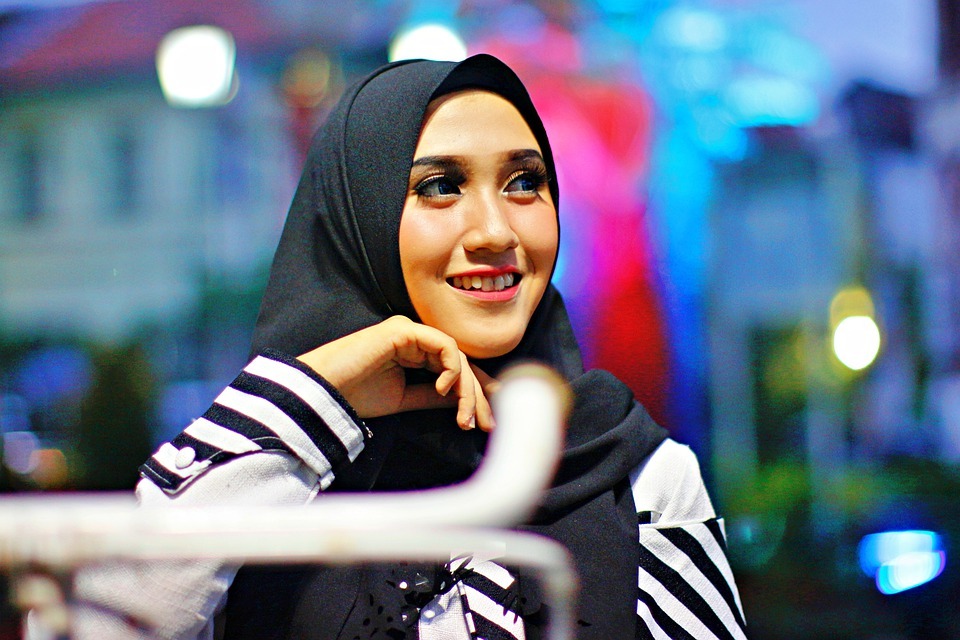
In doing research on the Hijab I found this apt description from a young girl as she explained what it meant to her – taken from the source: Muslim Women Answer: what does the Hijab mean to you?
“First and foremost, it is a religious thing. It is a religious commandment, it’s something that God has directed us to do, but there is also that personal element. For me, I wear it because it’s kind of like a reminder of my identity as a Muslim, it’s a constant reminder for me of what my character should be like as a Muslim, what I stand for as a Muslim woman.
But the reason why I started wearing it is that, you know, I’d see my mom, I’d see my sisters wearing it, the older women in my community wearing it, and I wanted to be a part of that. I wanted to be a part of something.
It’s kind of like empowerment for me as well. Just as a woman has the right to show her body, she should also have the right to cover it. That’s a big thing for me.
I actually started to wear it when I was about six years old, and that was a terrible time to start wearing it, because that’s when 9/11 happened. There was so much chaos going on with Muslims in the United States. So when I first started wearing it, my mom was like, ‘Are you sure you want to do this?’ I was only six, and I was aware of all of that. People are always shocked to hear that.
It was the first time I’d ever heard the word “terrorist” and I didn’t understand what it meant, so I went home and asked my mom. I was like, ‘Mom, I was called a terrorist today by another student, what does that mean?’ It was difficult learning that at such a young age, but somehow I still wanted to wear the hijab, I kept it on. But my mom literally always gave me the option.
Honestly, just wearing it and having to deal with that has made me stronger. And it has given me an opportunity to teach people about it, to teach people what it means to be a Muslim, and my interpretation of what it means to be a Muslim woman.” Nathira Osman, junior elementary education major.
I think the problem is when you don’t think wearing the Hijab is a religious statement – that it does not define you, that it is not a way of submitting to G-d. This is the conflict – your identity. It should be a personal journey, a choice that only you can make. One should not judge someone by what they wear or how they dress – right? What people wear are on the outside what is important is on the inside – right?
Wearing hijab oppresses women
Some people have openly expressed negative opinions about young girls wearing the Hijab. Hijab as it is interpreted in the modern day is a byproduct of misogyny, functioning as a tool to police Muslim women’s bodies and keep them in roles which are subservient to their male counterparts. Women who wear
Hijab have been described as women of honor – honorable women who stay at home and are invisible. This is one of the reasons why choosing not to wear one can cause immense backlash within the Muslim community. These women are criticized and their faith is questioned – if you don’t wear one you are not honorable, this is such a deep statement.
There does seem to be some small agreement – wearing the Hijab can be a connection of oneself to G-d, whether this comes from the Quran or Muslim people in general I am not sure.
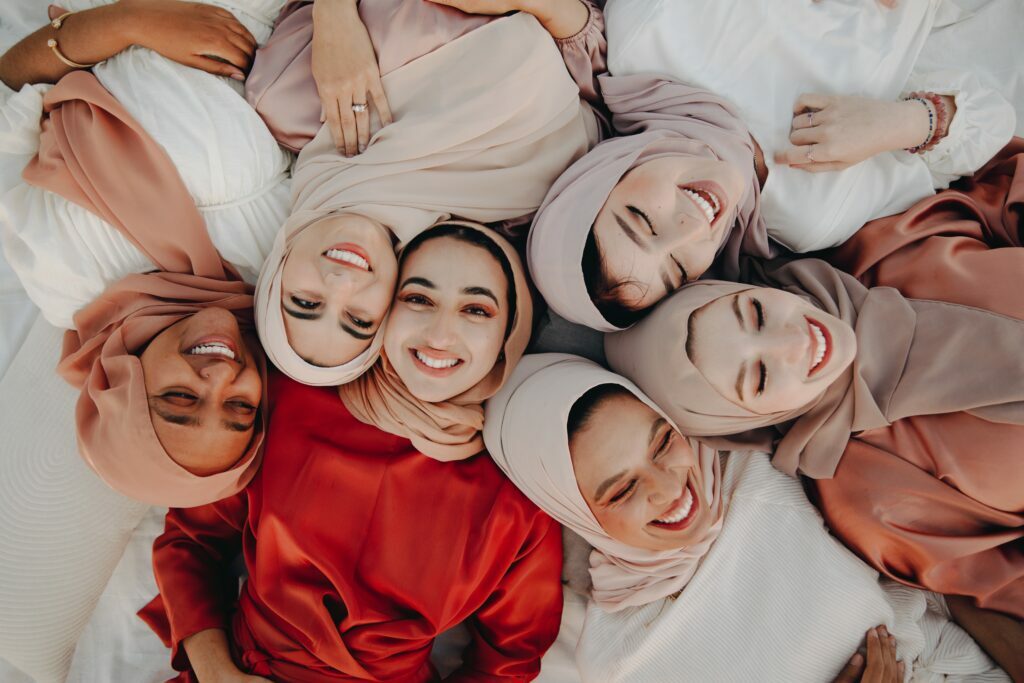
In my opinion wearing the Hijab should be YOUR choice – no judgment. It should not make you a better person or a better Muslim. If you feel connected to G-d wear it and if you feel like a better person because of it then that’s all that matters. Whether you wear one during Ramadan/ once a month this is also your choice. If it helps you feel connected to yourself and who you are as a person then this is a personal choice.
There should be no judgement as to what it represents because it is part of your personal journey. It can make you feel proud or it can make you feel targeted – these are your emotions. There is no right or wrong just a personal choice.
So to end this post I would like to wish all the Muslim people in the world (1.8 billion) a Ramadan Mubarak as well as an EID Mubarak. And especially our Muslim clients who I have had the opportunity of meeting. May you fast with ease and obtain the reflections that you need to become the person you want to be. May you grow kinder, more compassionate and wiser. I admire each of you and hope that Ramadan 2022 is a good one.
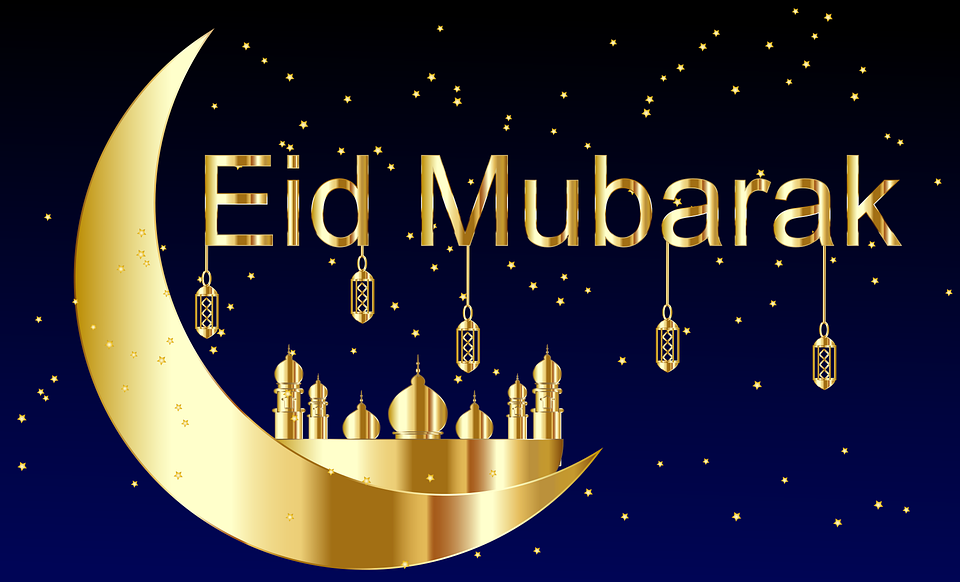
As always I would love to hear your comment on this post – or you can email me [email protected]. Stay safe out there Winter is on the way 🙂
Gael

Always love learning more about the different cultures in our beautiful world – thanks for making this easy to understand and for non-Muslims to understand how to show respect for their culture. Beautiful post💕.
I’m not Muslim but this is beautiful and so well explained ❤️❤️✨